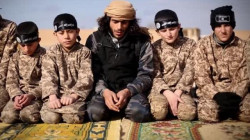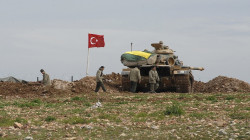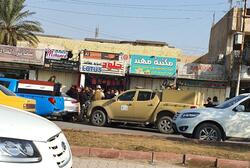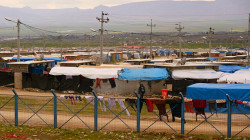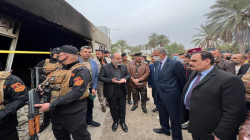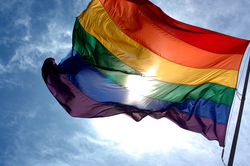KRG responds to HRW report
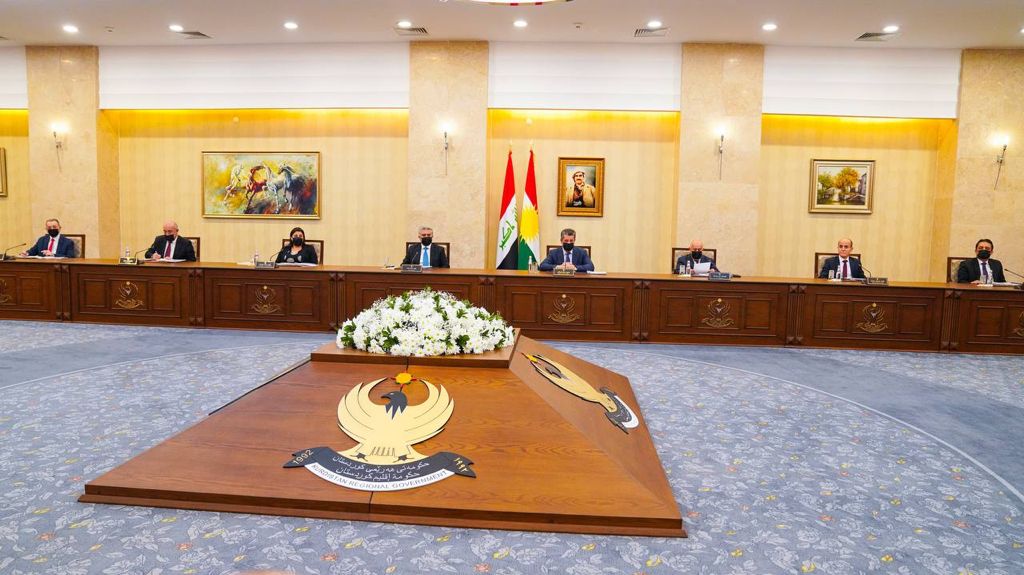
Shafaq News / The Kurdistan Regional Government responded to the Human Rights Watch's report on KRG's investigative and judicial practices.
You can find the statement of KRG's Office of the Coordinator for International Advocacy below:
"On January 13, 2022, Human Rights Watch (HRW) released an annual report, raising some concerns with regards to a number of events in the past year.
As far as the Kurdistan Region is concerned, governance is characterized by offsetting the executive authority through a rigorous check-and-balance system and by dispersing power to a thriving civil society. KRG is a regional exemplar for essential democratic elements, including the right of freedom of expression and media.
Despite the volatile security conditions in the region, KRG remains a peaceful and prosperous government that coexists with a thriving civil society, bedrock human rights principles, and essential democratic values. Under no circumstances, civilians in the Kurdistan Region have been arrested or detained arbitrarily. Furthermore, alleged violations are subjected to robust and transparent investigation and legal process.
With regards to the cases alluded to in the HRW report, the judicially issued warrants were based on the applicable laws in the Kurdistan Region and Iraq. It is worthy to note that the pressed charges have had nothing to do with journalism and activism. Throughout the investigations, criminal offenses and misdemeanor acts surfaced in relation to some of the individuals. The case files were invariably passed through a credible and transparent legal process.
A number of the individuals whose description falls under the scope of the HRW report were arrested and tried on the basis of violating Article 1 from Law 21 (2003) as applicable in the Kurdistan Region. In face of the surfaced evidence, the individuals confessed the criminal offenses in the investigation and trial phases. There were other defendants who were charged with violating Law No 6 (2008) of the Misuse of Electronic Devices and/or a number of articles in the Iraqi Penal Code (1969) as amended by Kurdistan Region Parliament. These legal stipulations are applicable laws within the judicial frameworks of Iraq and the Kurdistan Region, and they are applied through a transparent and impartial judicial process.
In the executive summary of their latest report, OHCHR/UNAMI underline that ‘concrete steps’ have been taken throughout 2021 towards further protection of the right of freedom of expression. Since January 2021, OHCHR/UNAMI have had unfettered access to the detention facilities and, towards May 2021 only, they conducted fourteen visits and interviewed 60 prisoners.
KRG emphasizes that there is a clear split between the jurisdiction of the court and of the government. KRG respects the independence of the judiciary, committed to a coherent check-and-balance system, and cannot interfere in the judicial process. The KRG continues to work with UNAMI and the OHCHR on media freedom, both in terms of wider policy and legislative changes as well as specific situations.
It is critical that all parties' knowledge of the situation in Kurdistan is based on contact with on-the-ground journalist rights groups, as well as careful analysis and review of the data they receive. In the Kurdistan Region, the government has safeguarded media freedoms and it will continue to expand them."
